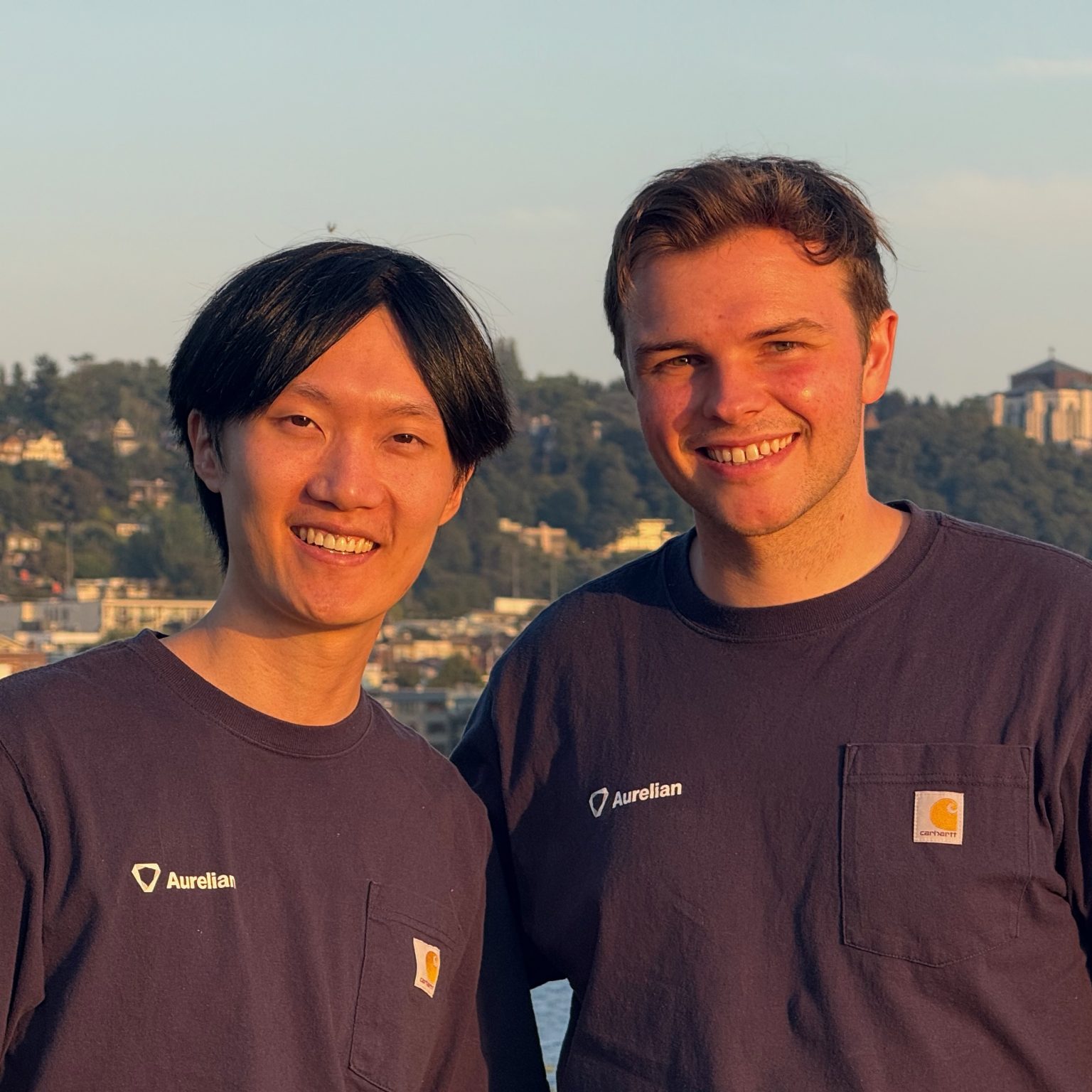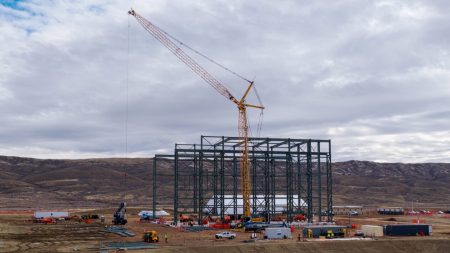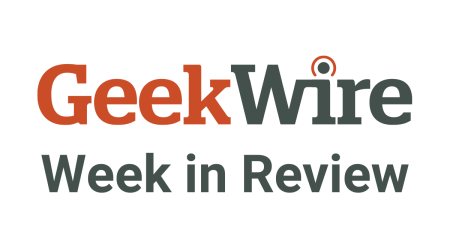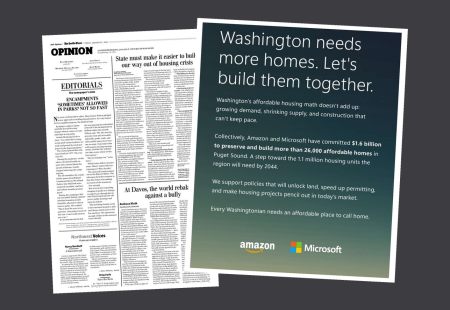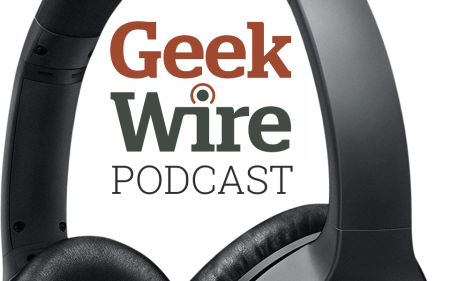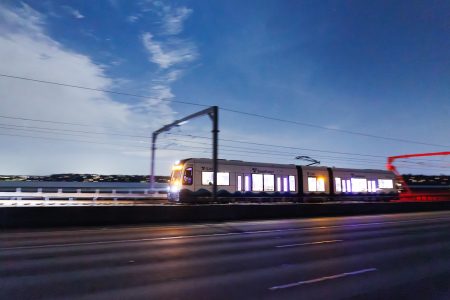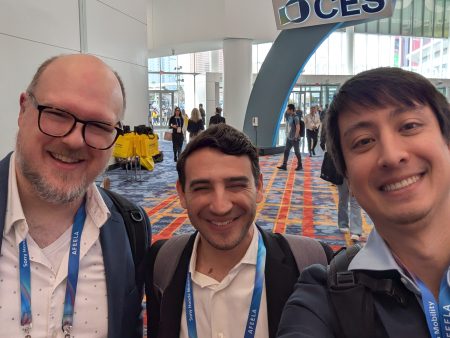911 Call Centers Get an AI Upgrade as Startup Founders Find Their True Calling
In a time when emergency services are stretched thin across America, a Seattle-based startup is deploying AI to help lighten the load at overwhelmed 911 call centers. Aurelian, founded by Max Keenan and James Liu, recently secured $14 million in Series A funding to expand their AI voice assistant technology that handles non-emergency calls. The system connects to existing phone lines at emergency call centers, freeing up human dispatchers to focus on life-threatening situations while ensuring that non-urgent matters—from stolen wallets to noise complaints—still receive prompt attention. This success story, however, didn’t happen overnight. The journey of these young entrepreneurs reveals how finding the right problem to solve can transform a struggling startup into a mission-driven company making a tangible difference in public safety.
Keenan and Liu’s entrepreneurial path has been marked by significant pivots and self-reflection. After graduating from the University of Chicago, the duo initially founded Needl in 2022, aiming to create a personal search product that would help users quickly locate files, documents, and messages within their digital footprint. Despite securing pre-seed funding and joining the prestigious Y Combinator accelerator, something felt missing. As Keenan candidly admitted, “We just didn’t love our customers.” The company wasn’t failing financially, but the founders weren’t passionate about the mission. This honest realization prompted a crucial conversation about their true motivations as entrepreneurs. “Our core framework for what we thought would make us happiest was if we were working with interesting tech for people who did meaningful work,” Keenan explained in a recent interview. “That was the combination we wanted.”
With this clarity of purpose, Keenan and Liu went back to the drawing board in 2023 to explore new opportunities in conversational AI, a field experiencing rapid advancement thanks to breakthroughs in large language models. They initially experimented with automating appointment scheduling and price quotes for salons—a surprisingly complex problem. However, it was a chance conversation with a salon owner that ultimately led them to emergency services. The business owner had been frustrated after waiting 30-40 minutes on a non-emergency police line to report cars from a school pickup line blocking her parking spots. She eventually gave up and called 911 instead, later asking Keenan, “Can you make it so the police answer the phone?” Although emergency services were far outside their expertise, the founders recognized a critical need that their technology could potentially address. They saw an opportunity to modernize an industry struggling with staffing shortages and technological lag. As Keenan observed, “Most are still working with on-premises software, and very few have gone fully into the cloud for their core systems.”
The solution they developed is elegantly straightforward but technically sophisticated. Aurelian’s AI assistant integrates with call centers’ existing phone lines to answer calls, gather information, and ask relevant follow-up questions. For non-emergency situations like stolen property, parking violations, or noise complaints, the system can fully resolve the issue without human intervention or route it to the appropriate department. The AI is trained to handle nuances in language (distinguishing between terms like “robbery” and “burglary”) and can work with imprecise location information. Since launching in May 2024, Aurelian has onboarded more than a dozen agencies across the United States, including seven in Washington state. The impact has been immediate and significant—the company is now on track to automate more than one million calls monthly, dramatically reducing wait times for non-emergency requests while allowing human dispatchers to focus on life-threatening situations.
The technology proved its worth just days after going live with Snohomish County, when a massive “bomb cyclone” storm hit the Seattle region. During the 24-hour weather emergency, Aurelian handled over 500 calls about power outages. “We answered every single one of those calls instantly,” Keenan proudly noted. One particularly poignant example involved an elderly woman who needed assistance with her husband’s chair lift, which had become stuck halfway up the stairs during the power outage. “We took that call, transferred it immediately, and had it answered in five seconds instead of an hour,” Keenan explained. This real-world impact illustrates how AI can serve as a force multiplier for emergency services, ensuring that even during crisis situations, every call receives attention without lengthy delays that could potentially worsen outcomes.
The company’s potential has attracted significant investor interest, with NEA leading the recent $14 million Series A round. Several original investors, including Liquid 2 Ventures, Y Combinator, and Palm Drive Capital, also participated in this funding round. Cameron Borumand, general partner at FUSE, praised the founders’ perseverance, calling Aurelian “one of the best use cases for AI that we’ve seen in the past few years.” For Keenan and Liu, the journey has provided valuable lessons about entrepreneurship and finding meaningful work. Keenan emphasized that he’s learned to prioritize energy and excitement when building a business. “This was the first time we woke up every day excited to work with our customers,” he reflected. “That’s what I indexed on more than anything.” Their story demonstrates how finding the right problem—one that combines interesting technology with meaningful impact—can transform not just a business model but also the founders’ relationship with their work. As Aurelian continues to expand, their AI solution stands to improve emergency response systems nationwide, showing how technology can help address critical infrastructure challenges while making a difference in countless lives during moments of need.





